
Sustainability Spotlight
Sustainability Spotlight offers informative and actionable advice around environmental best practice to allow businesses to make more sustainable and environmentally friendly choices for their business. FESPA speaks to industry experts about sustainability where you can discover business opportunities to reduce, reuse and recycle materials and improve your knowledge.
Circular Economy
Why must the print industry recognise software and material innovation
Laurel Brunner argues that the printing industry must recognise the value of both software and material innovation, and be willing to pay for it. Software, though intangible, drives efficiency and reduces carbon footprints. While materials science currently dominates, R&D costs are inherent in all advancements. Paying a premium ensures continued progress, benefiting the industry's evolution and sustainability.


Green Printing: how Sustainability drives business success
Nessan Cleary shares sustainable printing benefits businesses and the environment. Auditing suppliers and using eco-friendly materials are crucial. Optimising production with energy-efficient equipment and minimising waste reduces costs. Proper waste disposal and premises efficiency further lower the carbon footprint. Staff training and customer recycling solutions complete the sustainable approach.

Sustainability and keeping the faith
Laurel Brunner discusses how the printing industry has drastically reduced its environmental impact through technological advances, despite lingering perceptions of paper waste. While consumer habits pose a challenge, the industry continues to pursue greener practices.

Kyocera wins Anthem Award for Sustainability, Environment and Climate
Laurel Brunner shares how Kyocera, a Japanese manufacturer of digital printing system was awarded a silver award for its green skills report on "A Green Edge: Green Skills for the Future".
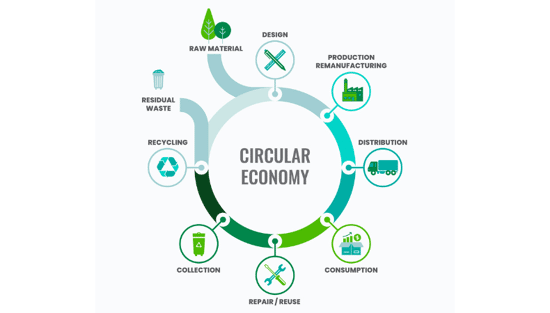
How to design for a circular economy in a linear world
Laurel Brunner explains the challenges for businesses to prioritise circular economy when economies have evolved to be linear. Laurel shares examples of different businesses who are designing products that can suppor the circular economy. These include The Ellen MacArthur Foundation, DS Smith and Vilsund Blue A/S.

How is the textile industry committed to becoming more sustainable
Debbie McKeegan discusses how the textile industry has experienced various challenges and has successfully demonstrated resilience, innovation and an unwavering commitment to sustainability.

How to tackle polyester pollution with Matter Industries and Paradise Textiles
In this podcast Debbie McKeegan speaks to Adam Root, founder of Matter Industries and his innovation Regen™, a capture technology to remove microfibres from the textile manufacturing process for the benefit of human and environmental health. We also meet Lewis Shuler of Paradise Textiles who are collaborating on research and the application of Matter’s technology for textile manufacturing.
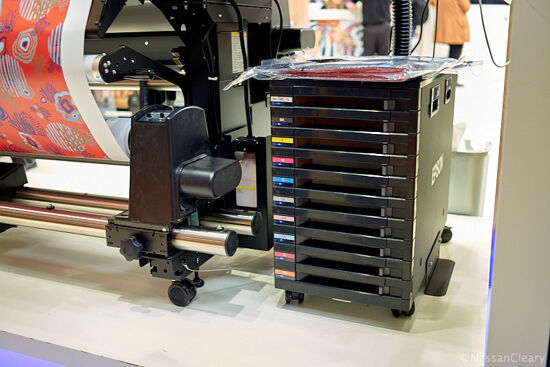
How reducing waste can lower costs and improve profitability for your business
Nessan Cleary explains how businesses can increase their profit by being more sustainable by reducing energy consumption, improving recycling and most importantly motivating staff to implement these new policies.

What questions should you ask new sustainability stakeholders?
Steve Lister discusses upcoming sustainability stakeholders for 2024 and discover vital questions to ask them. In a shifting landscape, proactive engagement is key. Learn how to align with new partners' goals and navigate evolving expectations, ensuring your organization stays at the forefront of environmental and social responsibility.

What are the environmental benefits of remote support?
Laurel Brunner shares the various environmental benefits of remote support which include less waste, less halts to automated productions, reduced costs and more.
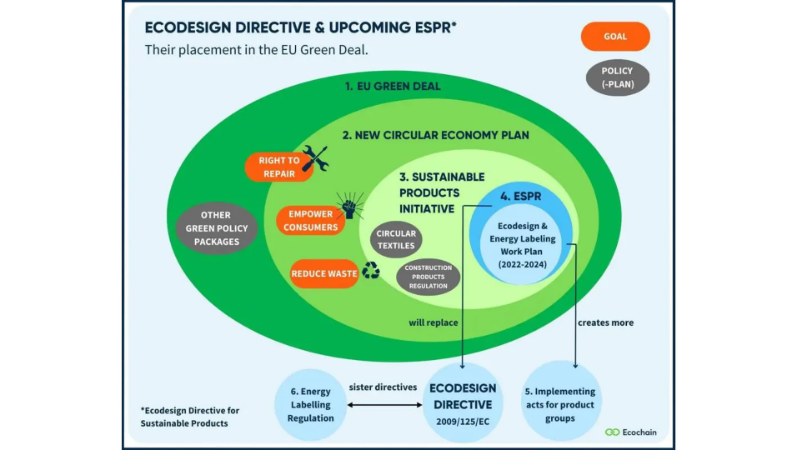.png?width=550)
How will Ecodesign for Sustainable Products Regulation affect printers?
Laurel Brunner discusses the European Union’s Ecodesign for Sustainable Products Regulation and how it is important for printers to be aware of this and it will contribute towards business planning.
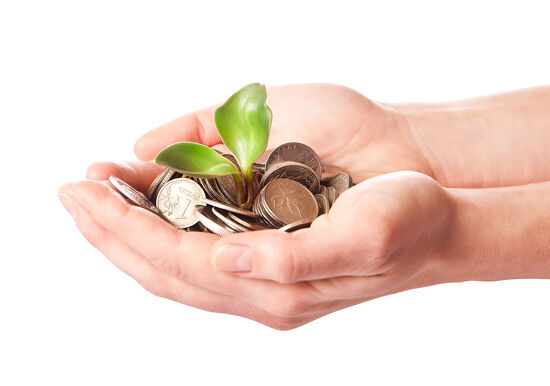
Financial Sustainability vs Sustainable Finance
Clare Taylor discusses two financial elements which includes financial sustainability and sustainable finance. Clare shares the differences between both and why they both matter for your business.
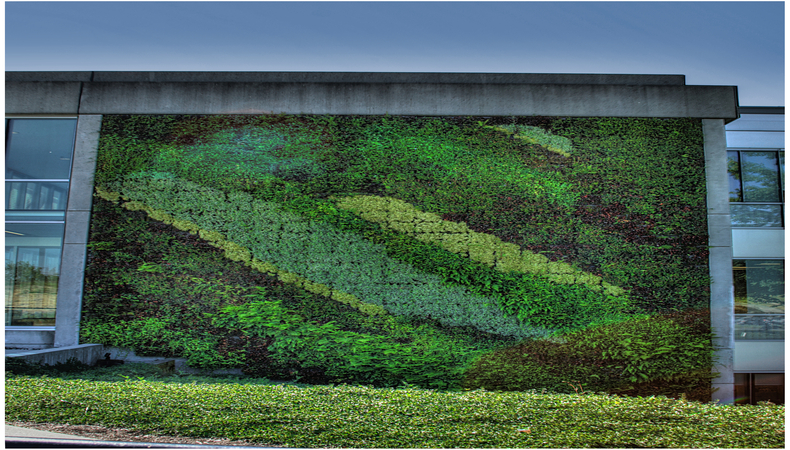.jpg?width=550)
How to make sustainable changes to your business by thinking globally and acting locally
Clare Taylor shares small changes and suggestions that businesses can make to improve their environmental impact. These include improving resource and energy efficiency, working with supply chains, preventing pollution and more.
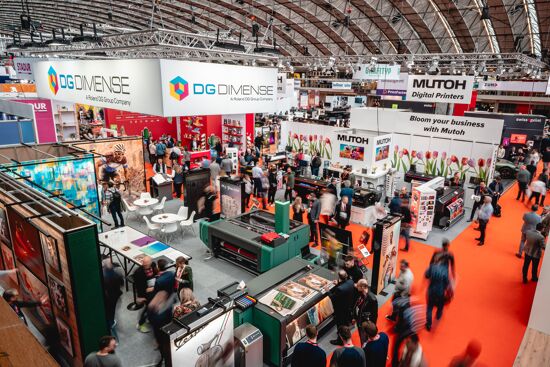
FESPA achieves ISO certification for Sustainable Event Management
FESPA is pleased to announce that it has achieved ISO 20121:2012 certification for Sustainable Event Management, an internationally recognised standard for implementing an effective and sustainable event management system.
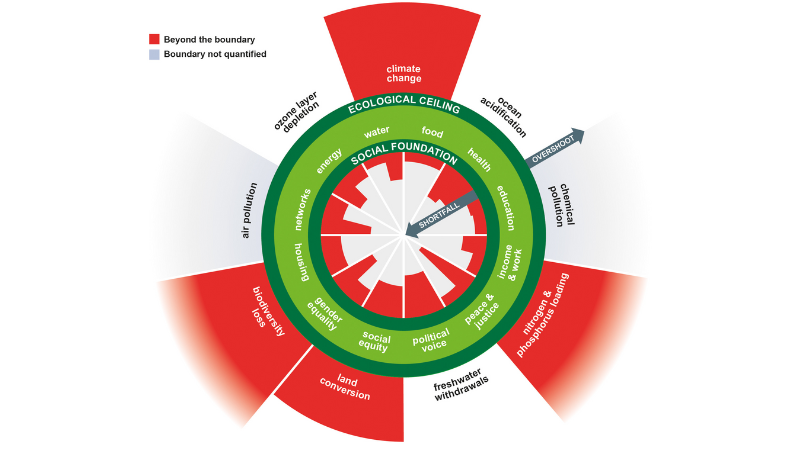.png?width=550)
How to make effective sustainable changes for your business
FESPA has created Sustainability Spotlight to offer informative and actionable advice around environmental best practice to allow businesses to make more sustainable and environmentally friendly choices for their business. This article offers various guidelines for businesses to help them make sustainable business changes, access the full guidelines below.

How to start your journey in sustainability
Laurel Brunner shares some basic steps of what printers can do to begin their journey in sustainability. These steps focus on conserving resources and minimising waste.
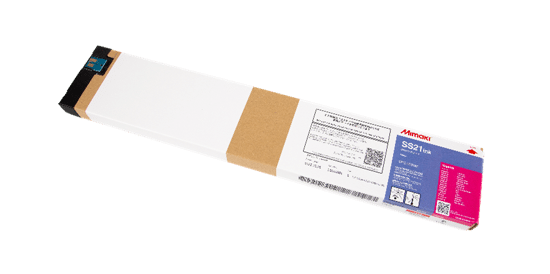
Mimaki Engineering launches eco-friendly carbon ink cartridges to worldwide market
Mimaki launches eco-friendly carton ink cartridges to the global printing industry, significantly reducing plastic usage and improving recyclability This latest solution is another initiative by the company to support printers in reducing their environmental impact

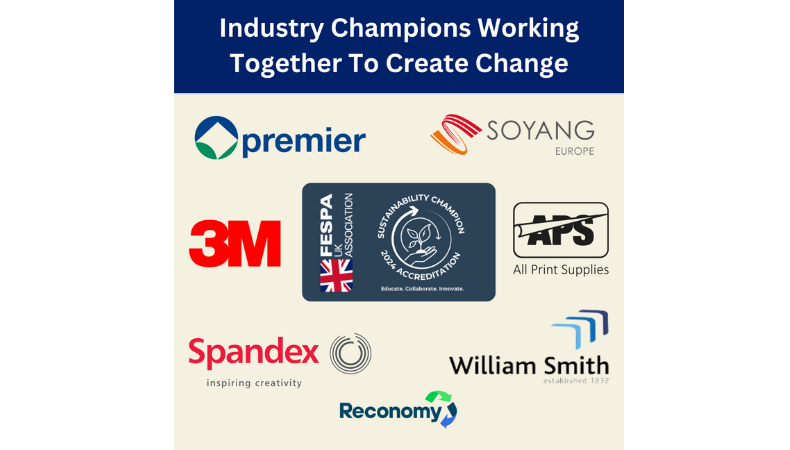_5.png?width=550)